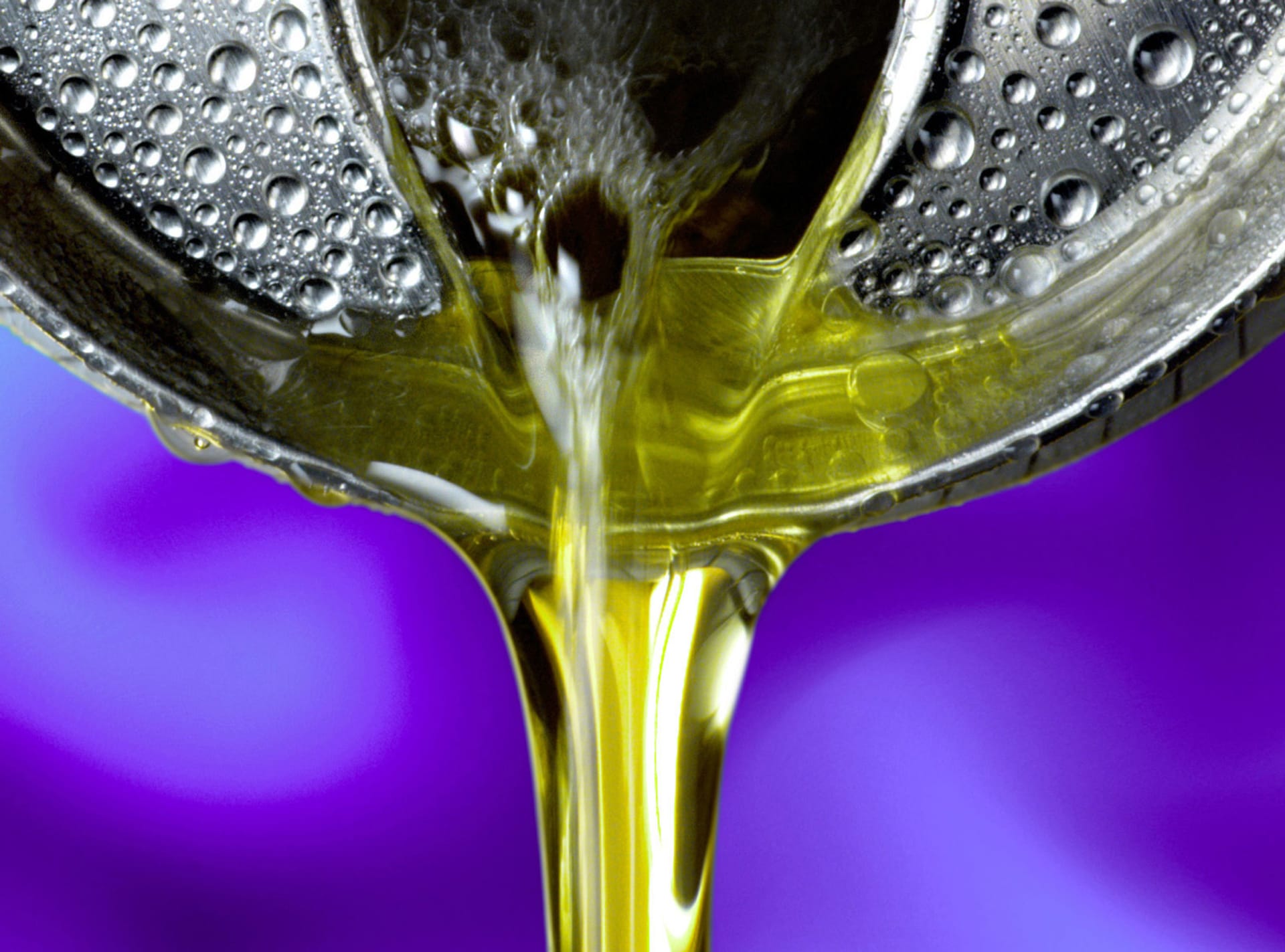-
AEB
- AEB
-
About
- About
-
Group
- Group
-
Info & Contacts
- Info & Contacts
-
Sustainability
- Sustainability
-
OENOLOGY
- OENOLOGY
-
- Biotechnology
-
- Sanitation
-
- Equipment
-
- Filtration
-
BEER
- BEER
-
- Biotechnology
-
- Sanitation
-
- Equipment
-
- Filtration
-
FOOD
- FOOD
-
- Biotechnology
-
- Sanitation
-
- Filtration
-
NEXT
- NEXT
-
- HARD SELTZER
-
- DEALCOLIZED WINE
-
- CIDER
-
Sustainability
- Sustainability

 CIDER
CIDER



